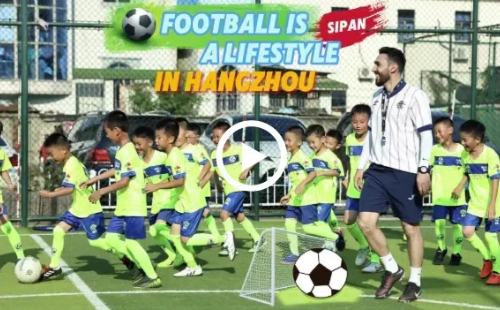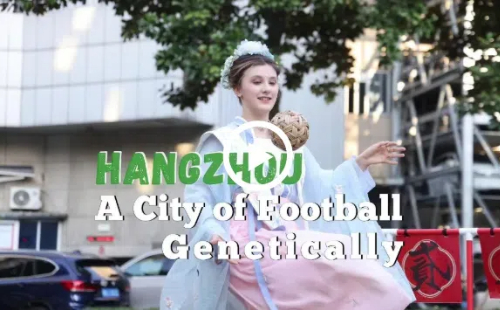From straws to biotech, China ramps up Pennsylvania investments
For Pennsylvania, numbers show a growth in jobs as Chinese plants hire people and Chinese investors put money into emerging sectors, reports AMY HE from the Keystone state.
Thousands of colored and transparent straws whirled through machinery, each getting individually wrapped in paper sleeves to keep them sanitary. The individual straws then moved on a conveyer belt and were bundled together by the hundreds. Sealed in clear plastic pouches, they were boxed and shipped across the US to fast-food chains like Subway, Taco Bell and Wendy's.
This is the inside of the two-year-old Allentown, Pennsylvania, factory of Fuling Plastic USA, a unit of the Zhejiang-based Chinese plastics company. The plant with 37 employees makes only straws — approximately five to six tons every day — but it may produce plastic food containers by 2018 or 2019, according to the company.
Fuling's four factories in China produce disposable forks, knives and containers.
Hu Xinfu, CEO of Fuling Plastic, said that 90 percent of Fuling's products are exported to the US, but the cost of doing that is very high.
"We felt it was a good choice to invest in America. We may save the transportation cost to pay more wages to our American workers," he said.
The 88,000-square-foot plant is part of the company's $21 million investment in the US, and may already be paying off. First-quarter earnings for this year were $1.4 million, compared to $700,000 for the same period last year. Sales rose 28 percent to $26.3 million. Hu said in a statement that he was "pleased" with the year-on-year growth and was optimistic that results will continue to improve.
Gilbert Lee, CFO, said the main goal of the Allentown unit is to increase sales in the US, the biggest market for Fuling's products. Because it manufactures in China and the US, Fuling can decide where to make its products based on labor and production costs.
"Even though the labor costs in the US are much higher than in China, if we can utilize automation and higher volume, then we can save on costs from having to ship from China," he said.
"That will create a much more cost-competitive advantage for us to compete in the US, and allow us to bid on higher volume contracts with the larger QSR [quick service restaurant] chains."
'Better image'
Lee noted another advantage. By bringing production to the states, it creates a "much better image that [the products are] made in the USA, and a lot of the customers such as Wal-Mart and [other companies] will find it very favorable to buy our products here," he said.
The company's listing on the NASDAQ also adds credibility to its operations, Lee said, and "doing business with us is just like doing business with a US company''.
Fuling's economic impact on Lehigh County, where Allentown is located, has been minimal because of the few number of employees at the plant, but Lee said Fuling will help the area's economy grow as it expands.
Fuling's entry-level wages are about $11 to $13 an hour; technicians can earn up to the mid-$20s per hour, depending on experience.
Ed Stagemyer, who oversees employees and production on the plant floor, said that the company has had a positive impact on Allentown.
"We sometimes hire temps from this area if we get into a busier season and it's been good. It's brought more jobs," he said."The plant is small right now, but it's growing, so it's going to have even more of an impact on the area."





 play
play